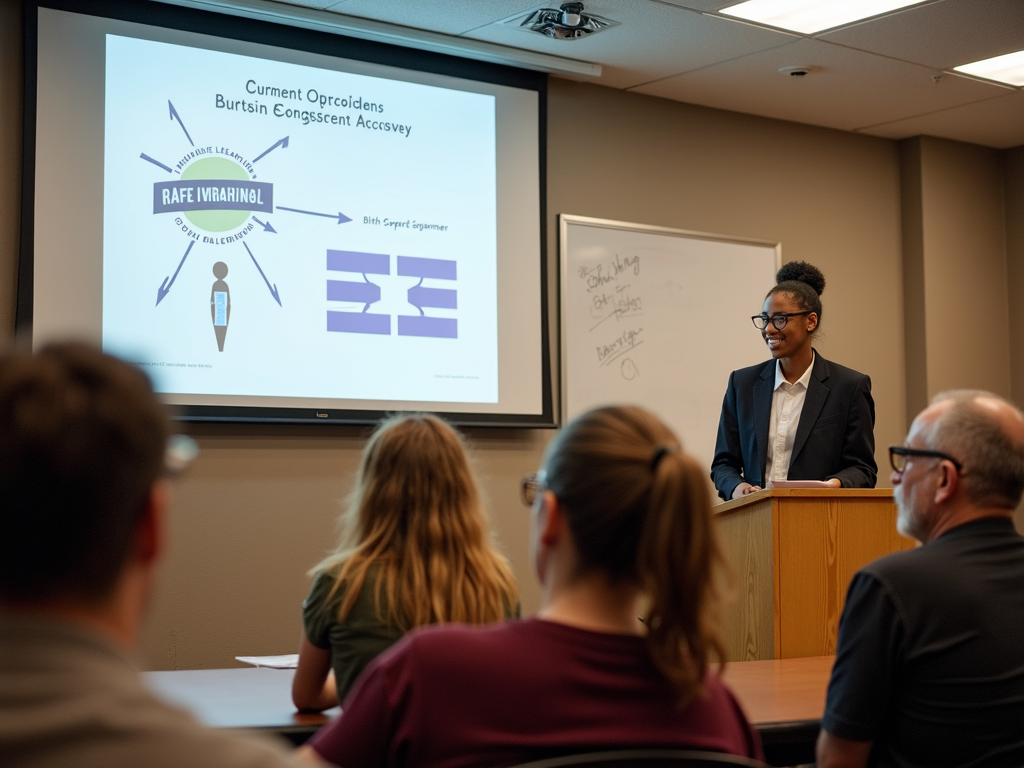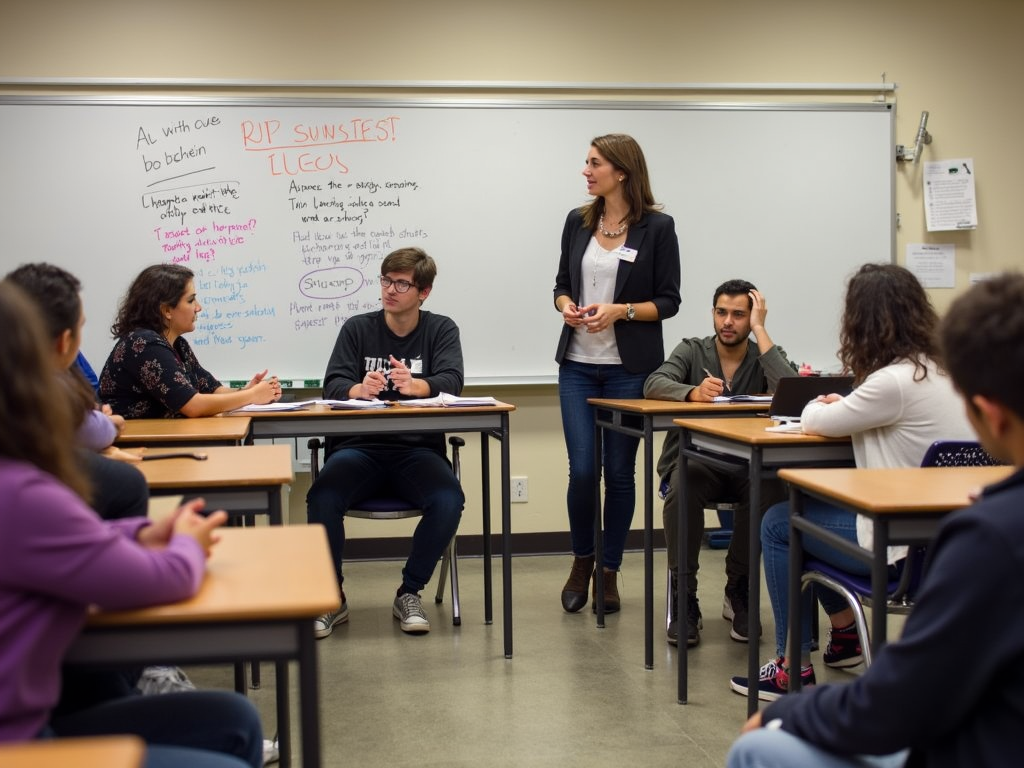The Impact of Service Learning in Education
By , March 17, 2025
Service learning is a powerful educational approach that integrates community service with academic instruction. This method not only deepens students' understanding of course material but also fosters civic responsibility and strengthens community ties. In this article, we will explore the profound impact of service learning in education, its benefits, challenges, and effective implementation strategies.

Service learning offers numerous benefits for students, educators, and communities. For students, it enhances academic performance by providing real-world applications of classroom knowledge. It also develops critical thinking, problem-solving, and communication skills. Moreover, service learning promotes personal and social development, encouraging empathy, leadership, and a sense of civic duty.
Educators also gain from service learning. It offers new teaching opportunities and strengthens relationships with the community. By engaging with local organizations, educators can create meaningful learning experiences that resonate with students. Additionally, service learning can invigorate teaching practices and provide professional development opportunities.
Communities benefit significantly from service learning initiatives. Students address local needs, such as food insecurity or environmental sustainability, through their projects. This not only provides tangible support but also fosters a sense of civic engagement and community pride. Service learning projects can lead to long-term partnerships between schools and community organizations, creating a sustainable impact.

Implementing service learning comes with its challenges. Securing funding is often a significant hurdle. Service learning grants and funding are crucial for providing the necessary resources, such as materials, transportation, and stipends for community partners. Schools can seek grants from government agencies, foundations, and corporate sponsors to support their initiatives.
Coordinating with community partners is another challenge. It requires clear communication, shared goals, and mutual respect. Educators must ensure that service projects align with both learning objectives and community needs. This alignment is essential for creating meaningful and impactful experiences for students.
Volunteers play a vital role in service learning. They can provide mentorship, assist with project coordination, and offer expertise in specific areas. Schools can engage volunteers by reaching out to local organizations, alumni networks, and parent groups. Effective volunteer management ensures that their contributions enhance the service learning experience.

To illustrate the impact of service learning, consider a project where students worked with a local nonprofit to address food insecurity. Students applied their knowledge of nutrition and agriculture to create a community garden. This project not only provided fresh produce to underserved families but also taught students about sustainable farming practices and community health.
Another example is a service learning project focused on environmental sustainability. Students partnered with a local environmental group to clean up a nearby river. Through this project, they learned about ecology, water quality, and the importance of environmental stewardship. The project also fostered a sense of responsibility and connection to their local environment.
Service learning can be effectively implemented by following best practices. First, educators should identify clear learning objectives and align them with community needs. This ensures that projects are both educational and impactful. Second, involving students in the planning process fosters ownership and engagement. Third, reflection is a critical component of service learning. Students should have opportunities to reflect on their experiences, connect them to academic content, and consider their personal growth.

In conclusion, service learning is a transformative educational approach that benefits students, educators, and communities. By integrating academic learning with community service, it enhances understanding, fosters civic responsibility, and strengthens community ties. Despite challenges such as funding and coordination, the positive outcomes make service learning a valuable addition to any educational program.